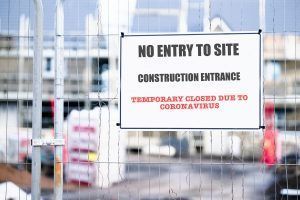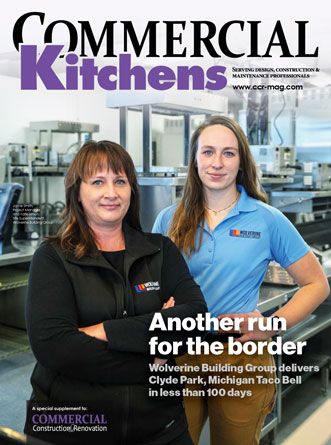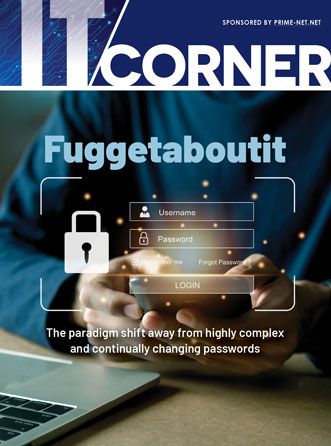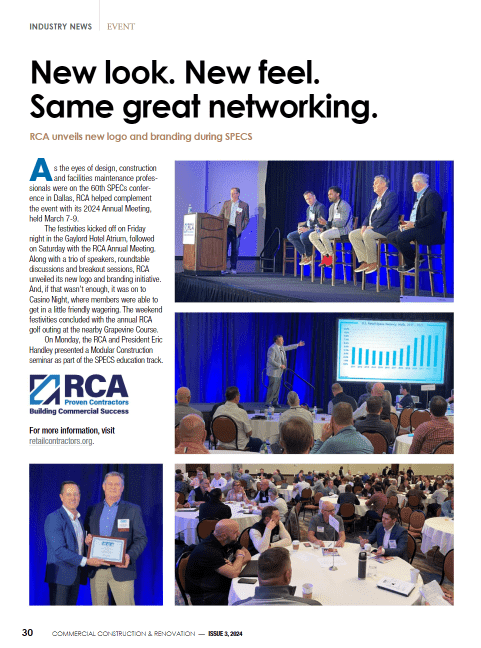
Editor’s Note: This is the second in a two-part series on navigating and mitigating the impact of COVID-19 on construction projects.
Across the country, each state has issued varying degrees of stay-at-home directives in response to the spread of COVID-19, taking different approaches to their definitions of essential business and social distancing.
For the construction industry, these decisions have posed significant impacts on cost and schedule, as certain work has been frozen while other projects, involving transportation, education and health-related facilities are being accelerated based on need and to capitalize on reduced disruption and risk. With flexible preparedness and frequent communication, contractors and construction partners can better navigate changes to their schedules, and set themselves up for recovery and return to normalcy down the line.
Current circumstances have led to reduced traffic on roadways, ridership on public transportation and usage of buildings in general, which means that projects that can apply effective “virus safety” controls and properly implement them have the opportunity to move forward. Project managers may need to reallocate resources to move forward, but that does not mean they should do so from a short-term perspective. Record keeping, planning and communication are critical to staying on top of the daily changes resulting from and made available by this pandemic.
Here are five tips construction participants can use to help make sure teams and resources are being best utilized now and for a smooth transition after stay-at-home directives are recalled.
No. 1 — Preserve a snapshot
Whether work is frozen or moving forward, the first step is making a thorough record of where the project was when the virus first affected costs, schedules, etc. This way, project managers can delineate between progress as planned and the impacts since. It also is puts them in better position to seek recovery into the future.
No. 2 — Consider efficiency and feasibility
Every construction project faces a varied set of impacts and challenges. For some, it will be better to freeze work internally to best preserve resources, while others will see new life with shifted needs and risks to workers, drivers and pedestrians. Being flexible also may help to reduce claims by contractors later on.
No. 3 — Establish a plan forward
Preparing to incorporate required social distancing measures and to adapt when workers, supplies or equipment become less available will require new plans for projects, and ones that leave room for greater flexibility.
No. 4 — Assign COVID-19 specific schedule activity codes
Part of successfully implementing new plans is being able to track variations from the baseline. Clearer record keeping of specific types of work will allow managers to better stagger shifts and trade work to keep sites healthier and reduce further disruptions.
No. 5 — Update and revaluate work plan and project schedule
Plans and progress should be regularly revaluated so that work can continue to stay on track as closely as possible. Assuming that impacts will stay consistent through an ongoing event is setting a project up for greater difficulties in later phases. One cannot assume that workers, supplies or equipment still will be on the same schedule as on-site work and construction partners will need to confirm each element more frequently.
Changes to schedules due to force majeure events are not new in construction, though these particular circumstances of ongoing impacts, is unique. While there is no blanket road map to follow, by implementing best practices of construction management, contractors and project managers can put themselves and their work in better position to mitigate the effects of the pandemic and achieve more successful results.
____________________________________________________________
Jim Gallagher is Principal at Resolution Management Consultants (RMC), a nationally recognized consulting firm in Marlton, New Jersey. There are two sides to the business: the construction planning and management aspect—helping clients build more successful projects—and the litigation aspect—should matters go to court, providing analysis and testimony as expert witnesses. For information, visit resmgt.com.








 The 2024 virtual Men’s Round Table will be held Q4, 2024, date TBD.
The 2024 virtual Men’s Round Table will be held Q4, 2024, date TBD.











